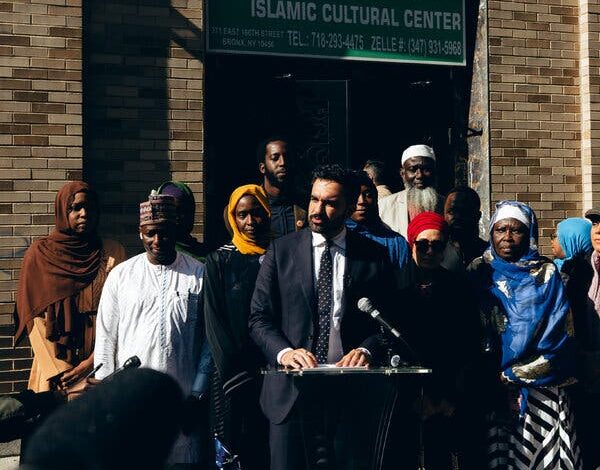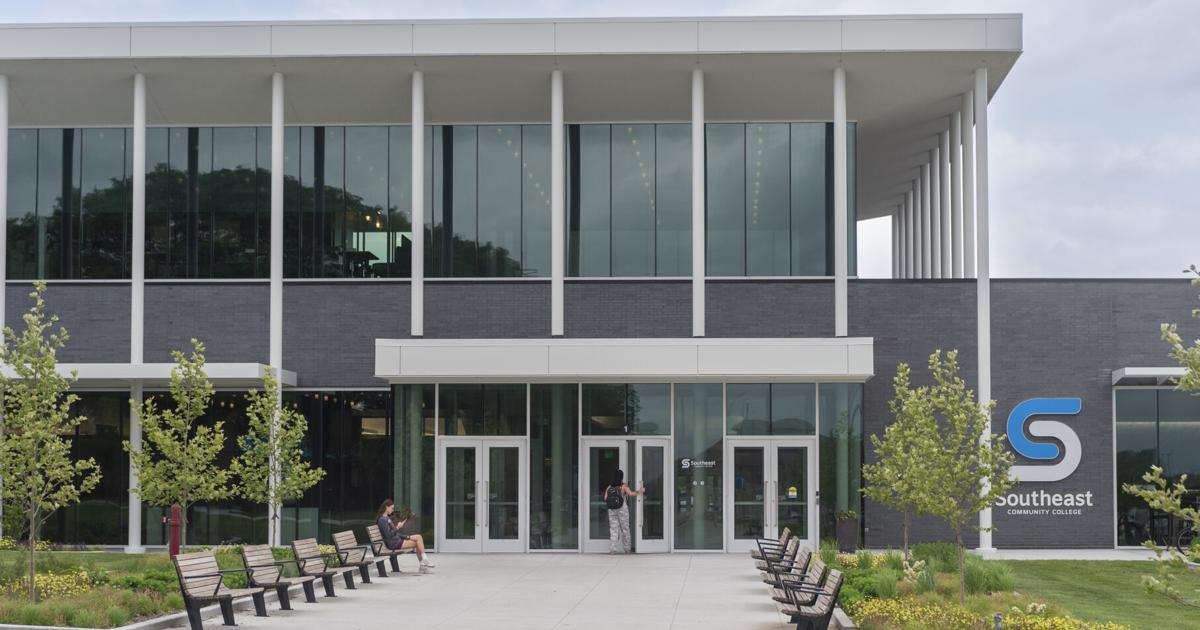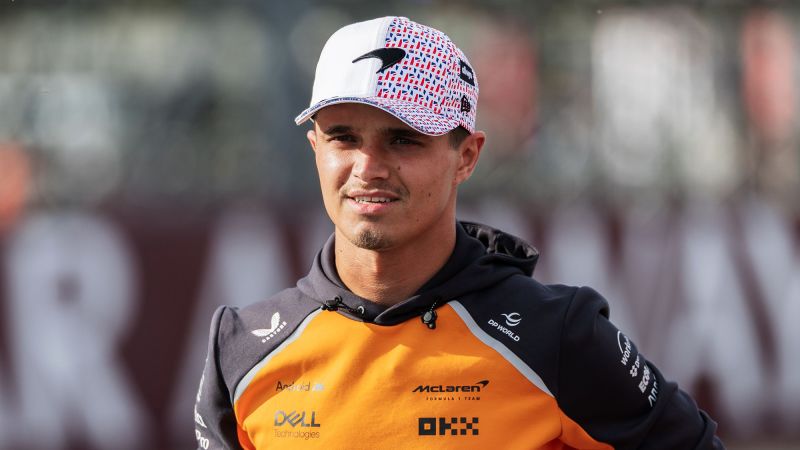Mamdani Addresses Muslims in Emotional Speech During Campaign

In a significant address that has drawn comparisons to former President Barack Obama’s 2008 speech on race and unity, Zohran Mamdani, the Democratic frontrunner in New York City’s mayoral race, shifted focus from his economic platform to address the Muslim community directly. Speaking outside the Islamic Cultural Center of the Bronx in the closing weeks of his campaign, Mamdani candidly reflected on his experiences with faith, identity, and the challenges posed by Islamophobia.
During his speech, Mamdani expressed a desire to empower Muslims in New York City, stating, “No longer will I live in the shadows.” His remarks marked a rare departure from his campaign’s predominant economic messaging, which he had maintained for over a year. This emotional moment resonated deeply with attendees, as he shared personal anecdotes about the pressure Muslims often feel to diminish their identities in order to succeed.
Addressing Anti-Muslim Sentiment
Mamdani highlighted the troubling reality of anti-Muslim animus within the political landscape. He pointed to recent comments from his main opponents, Andrew M. Cuomo and Curtis Sliwa, as well as current Mayor Eric Adams, which he interpreted as evidence of a broader acceptance of bigotry against Muslims. “It is the one form of bigotry that remains largely accepted,” he stated, underscoring the urgency of the issue.
His remarks included a stark assertion: “One can incite violence against our mosques and know that condemnation will never come.” Mamdani called attention to the lack of accountability for actions and words that target the Muslim community, stating that elected officials can engage in harmful rhetoric without facing repercussions. He emphasized the shared fear of Muslims that persists across the political spectrum, noting that, “In an era when Democrats and Republicans can agree on almost nothing, one thing they share is a fear of Muslims.”
A Pivotal Moment in the Campaign
This speech comes as Mamdani aims to become the first Muslim mayor of New York City. His candidacy has already broken barriers in a city known for its diversity yet often grappling with issues of representation and inequality. By addressing the Muslim community explicitly, he seeks not only to connect with voters but also to challenge the prevailing narratives surrounding Islam in America.
The response to Mamdani’s address has been largely positive among supporters who appreciate his willingness to confront difficult subjects. As the mayoral race heats up, his focus on identity and inclusivity may play a crucial role in shaping the electorate’s perception of him and his platform.
As the campaign progresses, Mamdani’s commitment to speaking out against discrimination could resonate further, potentially mobilizing a significant voter base that feels underrepresented. His journey from candidate to a voice of empowerment for Muslims in New York City reflects a broader movement towards visibility and acceptance in a landscape that often marginalizes minority voices.
In the weeks leading to the election, Mamdani’s narrative will likely continue to evolve, as he balances the demands of a competitive race with the personal experiences that have shaped his identity and political ambitions.






